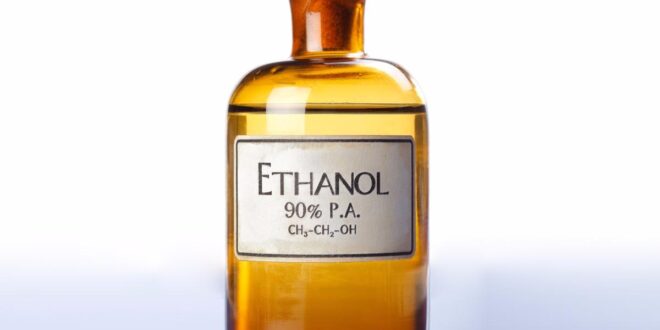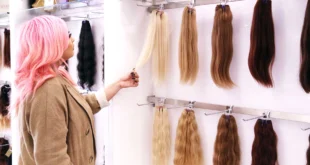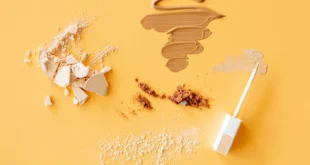When you think of ethanol, better known as alcohol, you most probably think of the alcoholic beverage you enjoy from time to time (or maybe even more frequently). However, ethanol can be used for many sorts of products and industries beyond the food industry. Just think of infection gels, medicines, cosmetics, and perfumes. Without ethanol, these products would be worthless – and so would many of our most important industries!
Alcohol, ethanol… what is it anyway?
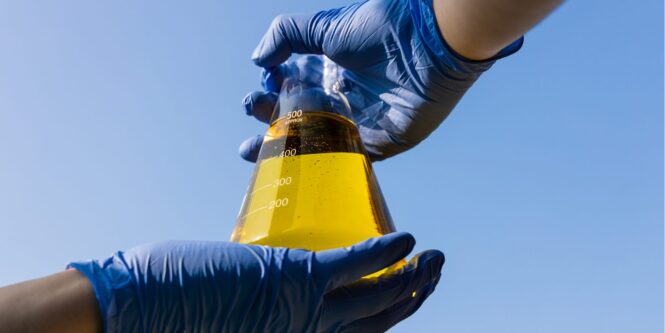
Ethanol, or ethyl alcohol, is the most frequently seen and used type of alcohol. It’s a great solvent and it serves perfectly as a base for alcoholic drinks like beer, wine, and spirits too. However, ethanol can also be used as a topical agent to prevent skin infections, in pharmaceutical preparations, cosmetics, and perfumes.
To create ethanol, sugar in starches of products like corn, sorghum, and barley is fermented. Other sources could be sugar cane and sugar beets. Once the ethanol (or alcohol) creating process has finished, it can be used for a number of industries and products – both food and non-food products. Below we’ll list the 6 most important applications of alcohol.
1. Yum! Alcohol in your food
Food-grade alcohol or food-grade ethanol is alcohol intended for human consumption. It, therefore, has to adhere to strict norms and regulations. Food-grade alcohol can be made from different sources, like wheat, sugar beet, and sugarcane. This type of alcohol has a high purity and doesn’t contain any additives. Food-grade ethanol is mainly used to apply to foods and drinks, but it can also be used as a solvent for food colorants and flavors. Other than that, food-grade ethanol can be found in products that may come in contact with people, like hand sanitizers, cleaning products, and insecticides.
Since food-grade alcohol accounts for a large part of the ethanol industry, the food-grade alcohol industry is an important client for any ethanol supplier.
2. The best version of yourself thanks to alcohol
Alcohol in your cosmetic products? Absolutely! The alcohol or ethanol used in cosmetics is denatured and stems from sugar beet, sugarcane, wheat, rye, and corn. Because this type of alcohol is denatured, it cannot be used in alcoholic drink products or food.
Cosmetic-grade alcohol or ethanol can be used for all types of cosmetics and related products like perfumes, hygiene products, skin care products, makeup, and lotions. The great benefit of ethanol is that it has antiviral, antimicrobial, antibacterial, and antifungal qualities, making it a perfect ingredient for cosmetic products.
Alcohol does not only support us humans in being the best version of ourselves, but it can also help us get the most out of our homes and clothes. Especially vodka can be a game-changer if you have it in your house. If you dropped spaghetti sauce on your carpet or you knocked over a glass of red wine over your clothes, then vodka is here to help you out! Simply pour vodka on the stain and use a rag to blot it up.
3. Alcohol as a lifesaver
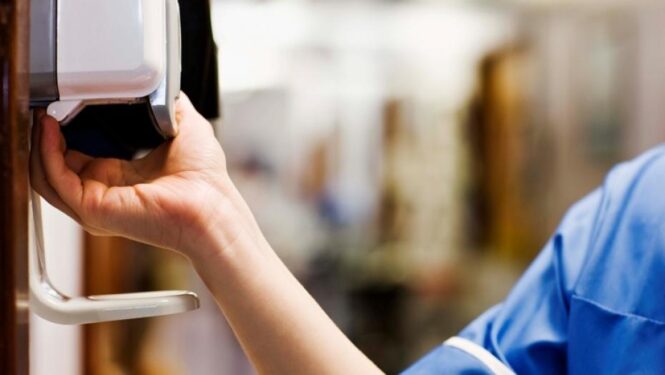
Alcohol can also be used for pharmaceutical purposes. That’s why we refer to this type of alcohol as pharmaceutical alcohol or ethanol. It can be used in medicines, homeopathic products and the like. Pharmaceutical-grade alcohol must meet very high standards in order to ensure safe use. The ethanol used in the pharmaceutical industry mostly has a preservative and solvent function, though it can also enhance the absorption of ointments and gels. It has both cooling and disinfectant qualities, depending on the concentration of the product.
Without alcohol, cleaning our hands and fighting COVID-19 would have been a lot harder. Concentrations of alcohol greater than 60 percent kill germs and microbes like bacteria, viruses and fungi. So even though you may have gotten a little tired of the endless amount of bottles of disinfectant gells and hand sanitizers that can still be found anywhere you go, they do support us in fighting viruses or bacteria and staying healthy.
4. High-spirited industries
Next, there is industrial-grade alcohol. This alcohol is not meant for consumption and can be made from different materials. It is used in factories and laboratories. Applications of industrial alcohol include perfumes, deodorants, cosmetic products, medicines, and hand sanitizers. It is also used to process vaccines, syrups, tinctures, antiseptics and compound tonics.
5. Electronics like booze too
Last but not least: electronics grade alcohol. This type of alcohol is pure alcohol and is created through a very complex process known as azeotropic distillation, which separates so-called ‘azeotropes’ (mixtures that can’t be separated by normal distillation). Electronics grade alcohol is completely mineral free and contains almost no water, making it suitable for cleaning electronics. It’s very important to use the right type of ethanol because some electronics are so sensitive that oil traces can result in malfunctions.
6. Alcohol for crystal-clear clothes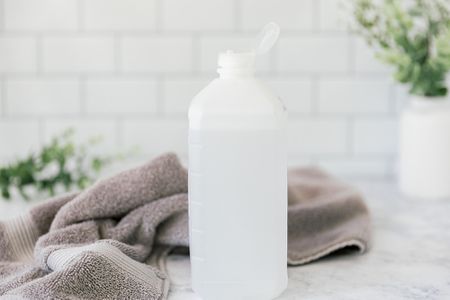
Pure alcohol is a great asset to your home. It is a true lifesaver when you have to deal with nasty stains on furniture or clothes. For example, if you have a stain caused by strawberries or other fruits then you can dab the stain with a little bit of warm alcohol, vinegar, and lemon juice.
But alcohol is also a great ingredient for removing chewing gum stains in your clothes. Simply put the piece of clothing in the freezer in order for the chewing gum to become hard enough to scrape it off with a brush or knife. Alcohol makes it even easier to remove the stain. Did you spill chocolate on your clothes or furniture? Don’t worry! Simply mix alcohol with some egg yolk and let it soak into the chocolate stain. Next, wash the fabric with some water and soap.
What are you using alcohol for?
There you have it: 5 applications of alcohol that you most probably didn’t know about. From now on, you might appreciate the multifunctional qualities of alcohol even more than you already did.
 Imagup General Magazine 2024
Imagup General Magazine 2024
